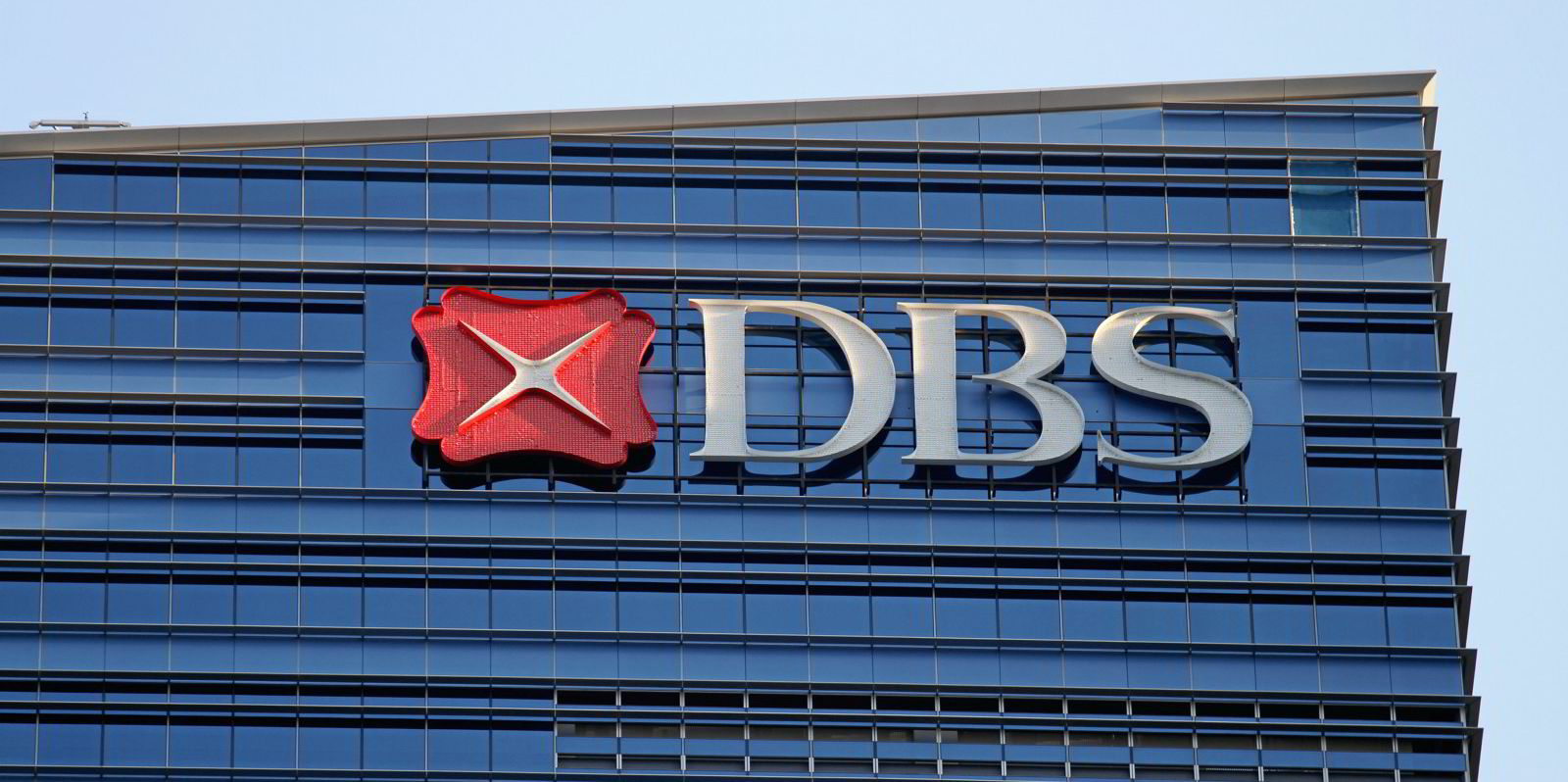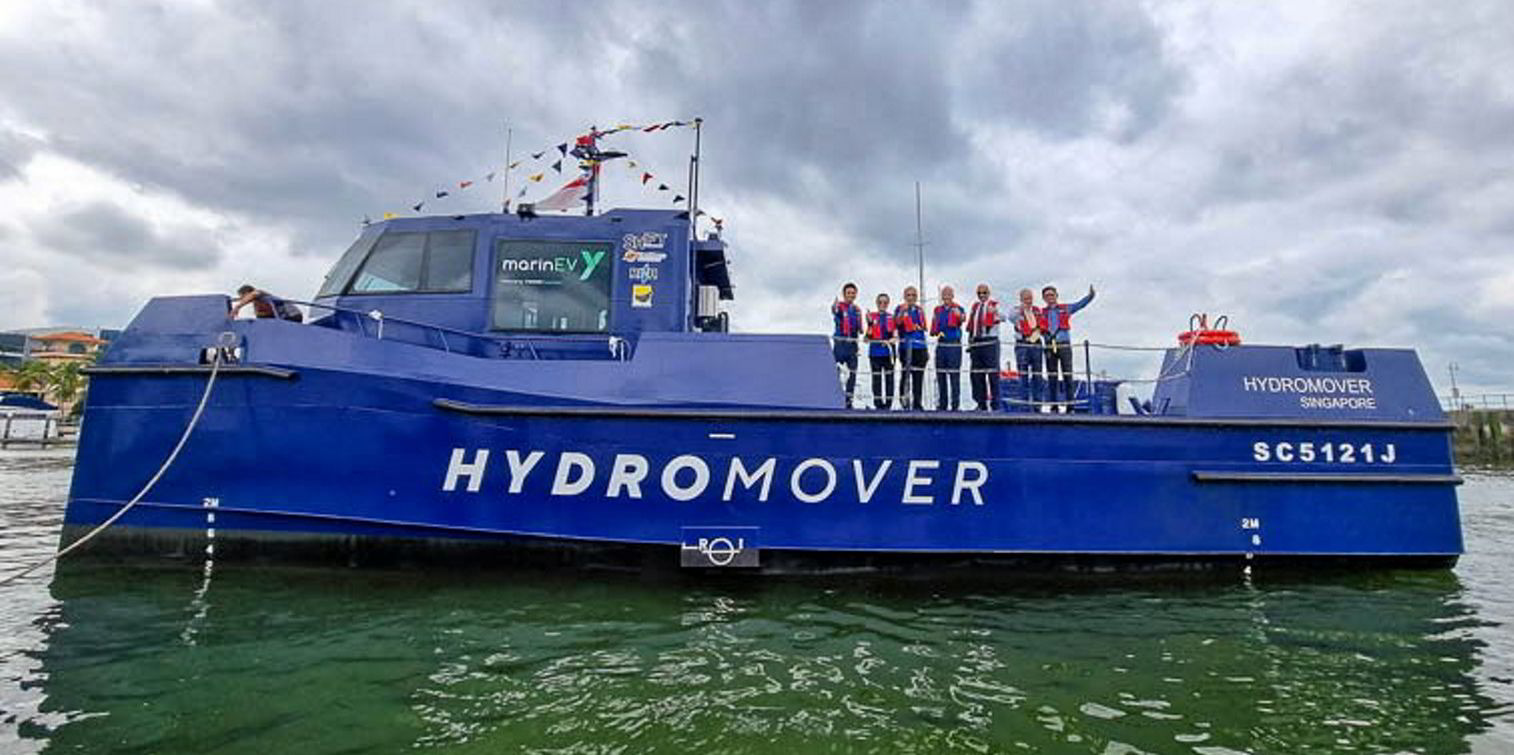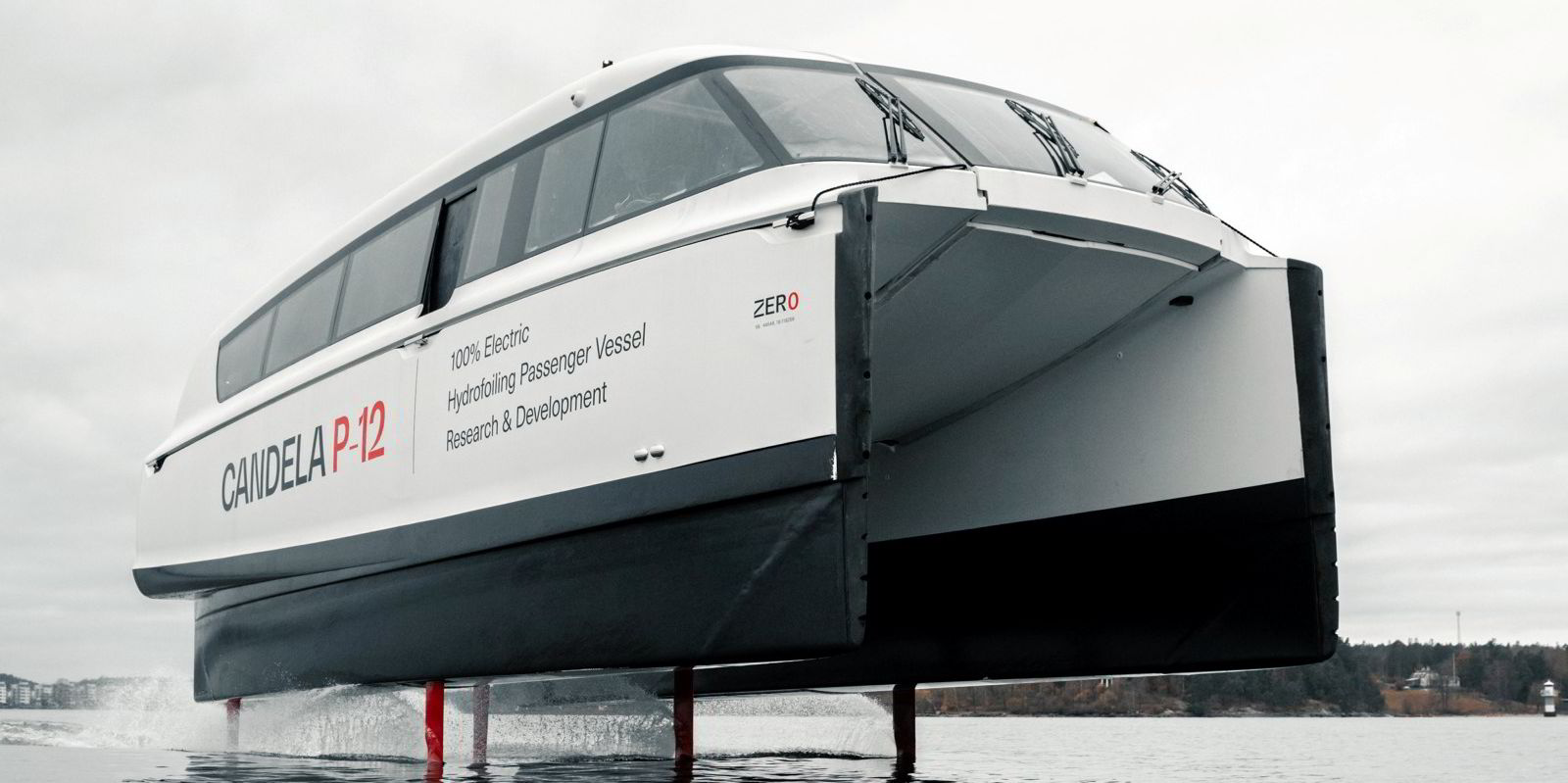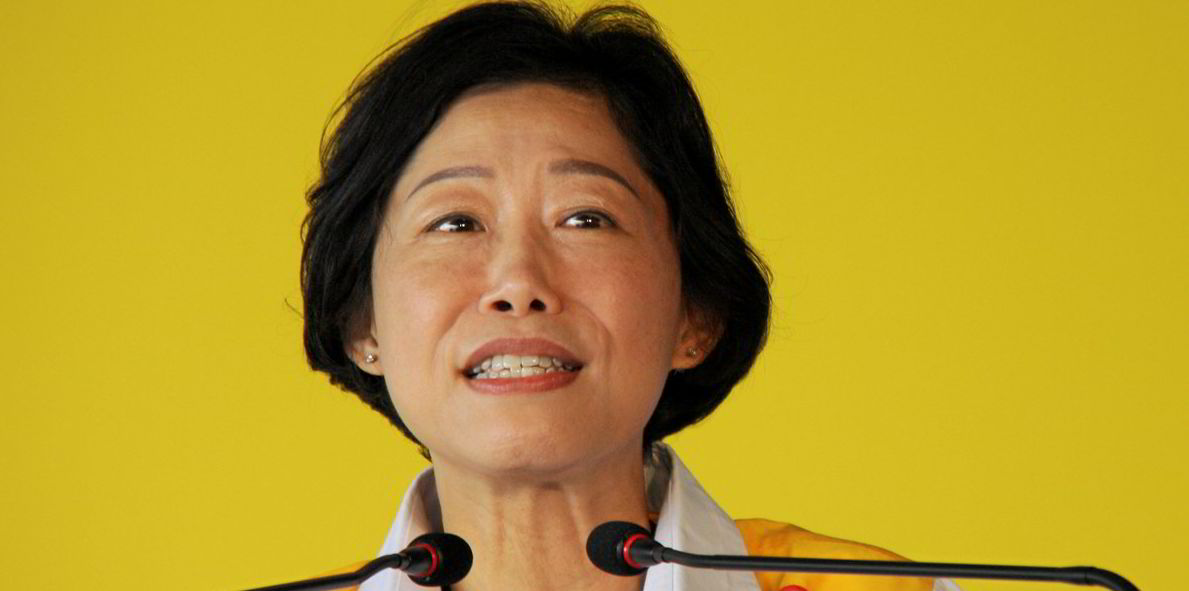Five banks have been selected by Singapore’s maritime regulator to offer direct debt financing options to support early adopters of electric harbour craft.
DBS Bank, United Overseas Bank, BNP Paribas, KfW IPEX-Bank and Societe Generale were selected from 12 financial institutions that responded to an expression of interest (EoI) proposal.
The Maritime & Port Authority (MPA) of Singapore said the response also affirmed the strong interest in offering alternative financing solutions beyond debt financing to support the transition.
The MPA said eight consortia submitted alternative financing proposals.
“In the next phase of the EoI process, MPA will issue a closed call for proposals to further select the alternative financing proposal(s) for implementation,” it said.
The MPA said it and Enterprise Singapore (EnterpriseSG) will also be working with interested financial institutions to explore onboarding them to the Enterprise Financing Scheme – Green (EFS-Green).
The scheme supports those organisations that develop enabling technologies and solutions to reduce waste, resource use or greenhouse gas emissions in several sectors including clean transportation.
Under the initiative, EnterpriseSG, which is the city-state’s government agency charged with enterprise development, undertakes risk sharing of 70% to support lending by participating financial institutions.
“This initiative will potentially open up more financing options for harbour craft owners planning on adopting green technologies and solutions for their fleet,” the MPA said.
The MPA said it also received seven insurance proposals in response to the EoI launched to support early adopters of electric harbour craft.
These were submitted by Income Insurance Ltd, QBE Insurance, The Shipowners’ Club, NorthStandard, Tigermar Global, Cambiaso Risso Asia and Lockton Companies.
The MPA said that the submissions indicated that the proposed insurance premiums for electric harbour craft are comparable to that of conventional harbour craft.
“EoI participants raised the areas of information sharing and access to relevant technical and operational information, loss prevention programs and quality assurance, as supportive mechanisms needed to help right-price insurance premiums for electric harbour craft,” the MPA added.
The MPA said it will now consult the industry on these supportive mechanisms, which could include setting up a data repository platform, developing training programmes to promote safety awareness and best practices for operations, as well as establishing a quality assurance framework and mechanisms to ensure repair and maintenance services standards for electric harbour craft.
The MPA has recently shortlisted a total of 11 passenger launch and cargo lighter vessel designs following an EoI launched on electric harbour craft design proposals.
The regulator said it is working with researchers to enhance the various vessel designs and reduce their energy requirements.
“When ready, the reference designs can be progressively marketed, and production orders aggregated from the industry. This is expected to reap overall cost savings for companies making a transition to electric harbour craft,” the MPA said.
From 2030, all new harbour craft operating in the Port of Singapore will have to be fully electric, be capable of using B100 biofuel, or be compatible with net zero fuels such as hydrogen.






